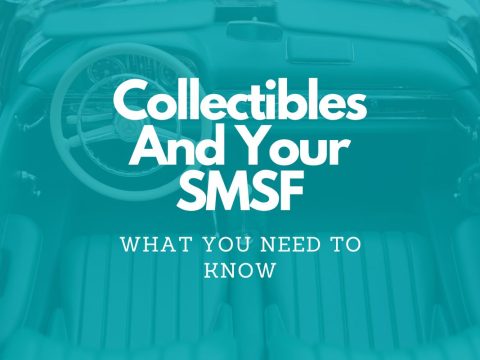Are You Prepared? Year-End Tax Planning (Part 2 of 2)
 With 30 June closing in quickly, here are some practical things to consider about the upcoming changes to superannuation. Before taking any action, we recommend speaking with your accountant or financial adviser.
With 30 June closing in quickly, here are some practical things to consider about the upcoming changes to superannuation. Before taking any action, we recommend speaking with your accountant or financial adviser.
Significant changes to super (not just SMSF) come into effect on 1 July, so be ready. Again, you should speak to your financial adviser about the following as the rules have become quite complex. Here are some pointers:
- If you intend on making concessional contributions (for which you claim a tax deduction), ensure these are received by the superannuation fund by 30 June. The limits are $30,000 for those under 50 and $35,000 for those over 50.
- Before making the contributions, consider any other contributions that may have been made on your behalf.
- Non-concessional contributions: generally, $180,000 with the ability to use the ‘bring-forward rule’ to contribute up to $540,000 for those under 65. Those aged 65 to 75 and working can contribute up to $180,000. You need to discuss these with your adviser to ensure you have not triggered the bring-forward rules in the previous three years.
- Note: this is your last opportunity to get a large chunk of money into superannuation and absolutely your last chance if you have a super balance of $1.6 million or more. If you have between $1.4 million and $1.6 million, there are more rules to consider.
- Unlisted assets and property: if a pension is in place and these assets were held by your super fund at 9 November 2016, look to get these valued at 30 June 2017 to take advantage of the transitional CGT relief rules.
- Ensure you have withdrawn your minimum pensions for the year if your fund is in pension mode.
Superannuation 1 July 2017
- Please note: the concessional limits for everyone reduce to $25,000 on 1 July. If you are on a salary-sacrificing arrangement, you need to advise your payroll department to reduce your sacrificed amounts.
- The maximum you will be allowed to hold in pension mode will be $1.6 million per person. The earnings on this amount will continue to be tax-free.
- You can still hold more than the $1.6 million threshold in superannuation, but the excess must be commuted back to accumulation phase where the income is taxed at 15%.
- Some thought should be given by those who have no income in their personal names as opportunities may exist to hold investments in your own name and take advantage of your tax-free thresholds. For example, $340,000 invested at 6% gives a $20,400 return on which no tax is payable. Held in your super fund in accumulation phase, the fund would pay $3,060 tax on this income.
The key message is to start acting now as post 30 June 2017 it may be too late.
If you need any advice on the above please drop us a line at allworths@allworths.com.au or call 02 9264 6733.




